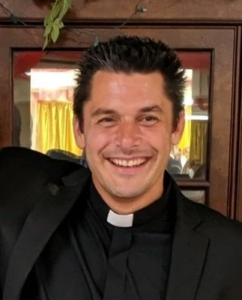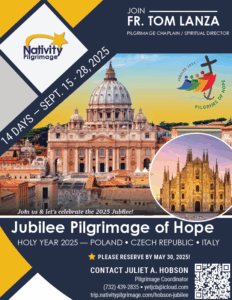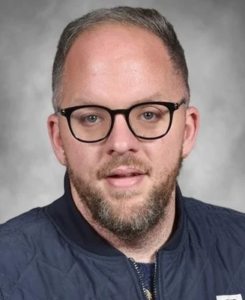Dear Friends,
Today we celebrate the Solemnity of Saints Peter and Paul. It is rare that the designated date of this feast – June 29- falls on a Sunday. Usually when a feast falls on a Sunday, the feast gets skipped. But not for Peter and Paul whose feast is taking precedence over a Sunday. By giving this feast such prominence the Church is telling us something about Peter and Paul and their importance in our lives and in the lives of the entire Church. Both Peter and Paul are considered apostles, Peter because he was called by Jesus at the Sea of Galilee (Mt 4:18-20; Mk 1:16-18; Lk 5:10) and commissioned with the keys to the kingdom (Mt 16:19) and as the shepherd of the sheep (John 21:15-17); and Paul because he was called by Jesus on the road to Damascus (Acts 9:4-6) and commissioned “to be an apostle and set apart to proclaim the gospel” (Rom 1:1). Peter is known as the “Prince of Apostles” and the first Pope, and Paul is known as the “Apostle to the Gentiles.” Both are revered as the founders of the Church of Rome and are honored for their contributions to spreading the Christian faith. Both apostles were martyred in Rome, with Peter reportedly crucified upside down and Paul beheaded, symbolizing their ultimate sacrifice for their faith.
The feast emphasizes the unity of the Church despite the diverse backgrounds and experiences of its members, mirroring the unique roles and journeys of Peter and Paul. This diversity is very clear in the differing personalities of Peter and Paul. It may come as a surprise to many of us to know that Peter and Paul had quite a bit of conflict. The biggest conflict they had is narrated by St. Luke in the Acts of the Apostles. It revolved around whether or not people needed to convert to Judaism before they could become Christians. Becoming Jews first would mean that the men would have to be circumcised and they would have to follow the Jewish dietary laws, including not eating pork, among other things. Paul insisted that people could become Christian without becoming Jewish first; Peter and a whole group of traditionalist Jewish Christians disagreed.
Paul seems to have had a stronger personality. He publicly confronted Peter on this matter. Listen to Paul’s own words in Galatians 2:11-15: “When Cephas (Peter) came to Antioch, I opposed him to his face, because he stood condemned. For before certain men came from James, he used to eat with the Gentiles. But when they arrived, he began to draw back and separate himself from the Gentiles because he was afraid of those who belonged to the circumcision group. The other Jews joined him in his hypocrisy, so that by their hypocrisy even Barnabas was led astray. When I saw that they were not acting in line with the truth of the gospel, I said to Cephas in front of them all, “You are a Jew, yet you live like a Gentile and not like a Jew. How is it, then, that you force Gentiles to follow Jewish customs?”
In the end, Luke describes, in Acts 15, the Jerusalem Council where Peter, listening to the elders and to the Holy Spirit, decided that the non-Jews could become Christians simply by being baptized and not by following Jewish laws.
The great lesson we can all take from these great pillars of the Church is that no matter how different we may be in personalities, ideologies or ethnicity, we can work together for the Kingdom of God as long as we know that the gospel of Jesus Christ is to live in charity and fellowship with all.
Your brother in Christ,
Fr. Abraham Orapankal

 Dear St. Matthias Parish and School Community,
Dear St. Matthias Parish and School Community,
